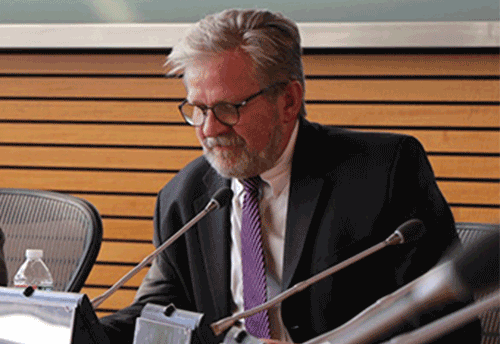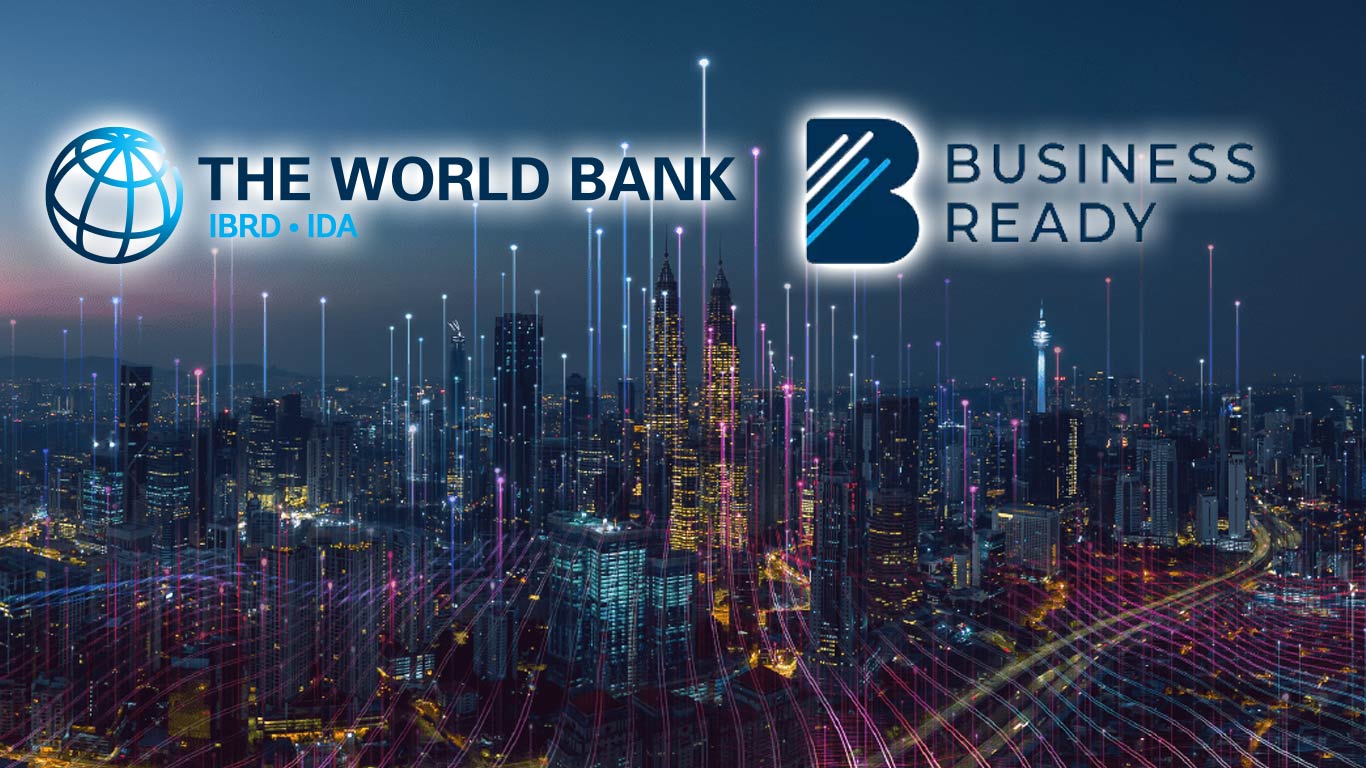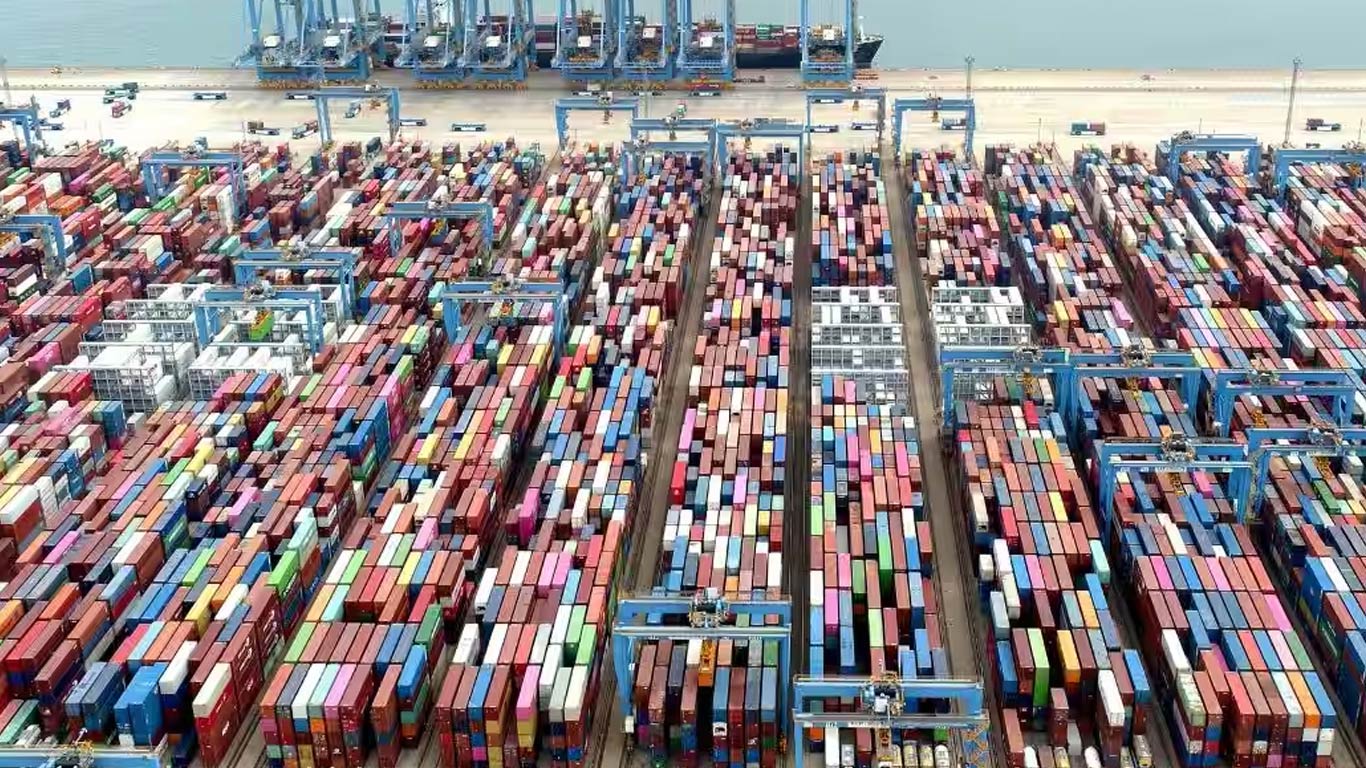Increasing movable assets financing could lead to another $ 180 bn credit flow into MSME sector: World Bank
Updated: Feb 25, 2017 10:34:33am

Increasing movable assets financing could lead to another $ 180 bn credit flow into MSME sector: World Bank
New Delhi, Feb 25 (KNN) India should look to increase its share of movable assets financing from 14 per cent to 25 per cent, which could potentially lead to another USD180 billion credit flow into the MSME sector, which provides jobs and growth to the Indian economy, Simon C Bell, Global Head-SME Finance, World Bank Group, has said.
He was speaking at a symposium on ‘Movable Asset Financing’, organised by the Finance Industry Development Council.
According to a media report, Bell said, “Leasing is very sensitive to taxation and I understand the taxation rules were changed, and as a result, impacted growth of leasing in India.”
He highlighted that in OECD countries, about 50 per cent of lending is collateralised against movables.
“If we are able to get banks, NBFCs and financial institutions to lend lot more towards movable assets, then significant financing needs of the SME sector can be met,” he added.
World Bank Group research shows that only 14 per cent of the total asset base of MSMEs comprises immovable assets, such as land and buildings, and one per cent comprises vehicles, which MSMEs can utilise as collateral.
The balance 85 per cent comprises movable assets, such as plant and machinery, inventory, receivables, and other intangible assets, which financial institutions are often not willing to accept as standalone primary security (without any additional collateral security).
Movables-based finance in the US has been predominant, with about 70 per cent of MSME financing secured by movable collaterals. The high proportion of movables-based finance in the US has been facilitated by an enabling environment, Bell added.
The International Finance Corporation, which is part of the World Bank Group, had recently signed two engagement letters with FIDC, a self-regulatory organisation and representative body of RBI-registered NBFCs.











